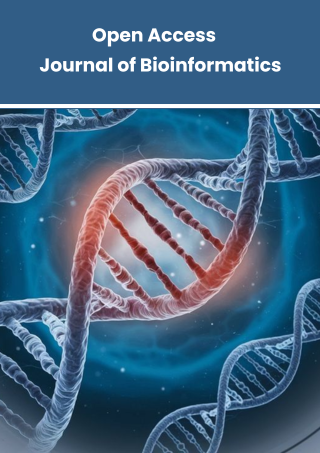Cancer bioinformatics
Cancer bioinformatics focuses on the computational analysis of genomic, transcriptomic, epigenetic, and proteomic data to understand the molecular mechanisms driving tumor initiation, progression, and treatment resistance. By integrating high-throughput sequencing, biomarker profiling, and clinical datasets, the field enables researchers to identify genetic mutations, altered signaling pathways, and tumor heterogeneity across diverse cancer types. Advanced computational tools—including machine learning, predictive modeling, and network-based analysis—support the discovery of therapeutic targets, stratification of patients, and development of precision oncology strategies. Cancer bioinformatics also aids in monitoring treatment response, predicting prognosis, and evaluating drug sensitivity using large-scale datasets from cancer genomics initiatives. As oncological data continue to expand in volume and complexity, robust bioinformatic frameworks remain essential for accelerating cancer research, improving diagnostic accuracy, and guiding personalized treatment approaches.
Article Processing Timeline
| 2-5 Days | Initial Quality & Plagiarism Check |
| 15 Days |
Peer Review Feedback |
| 85% | Acceptance Rate (after peer review) |
| 30-45 Days | Total article processing time |
Indexed In
ResearchBib
Sindexs
OAJI
DOAJ
CrossRef
PubMed
MEDLINE
EBSCO A-Z / Host
OCLC - WorldCat
Journal Flyer


